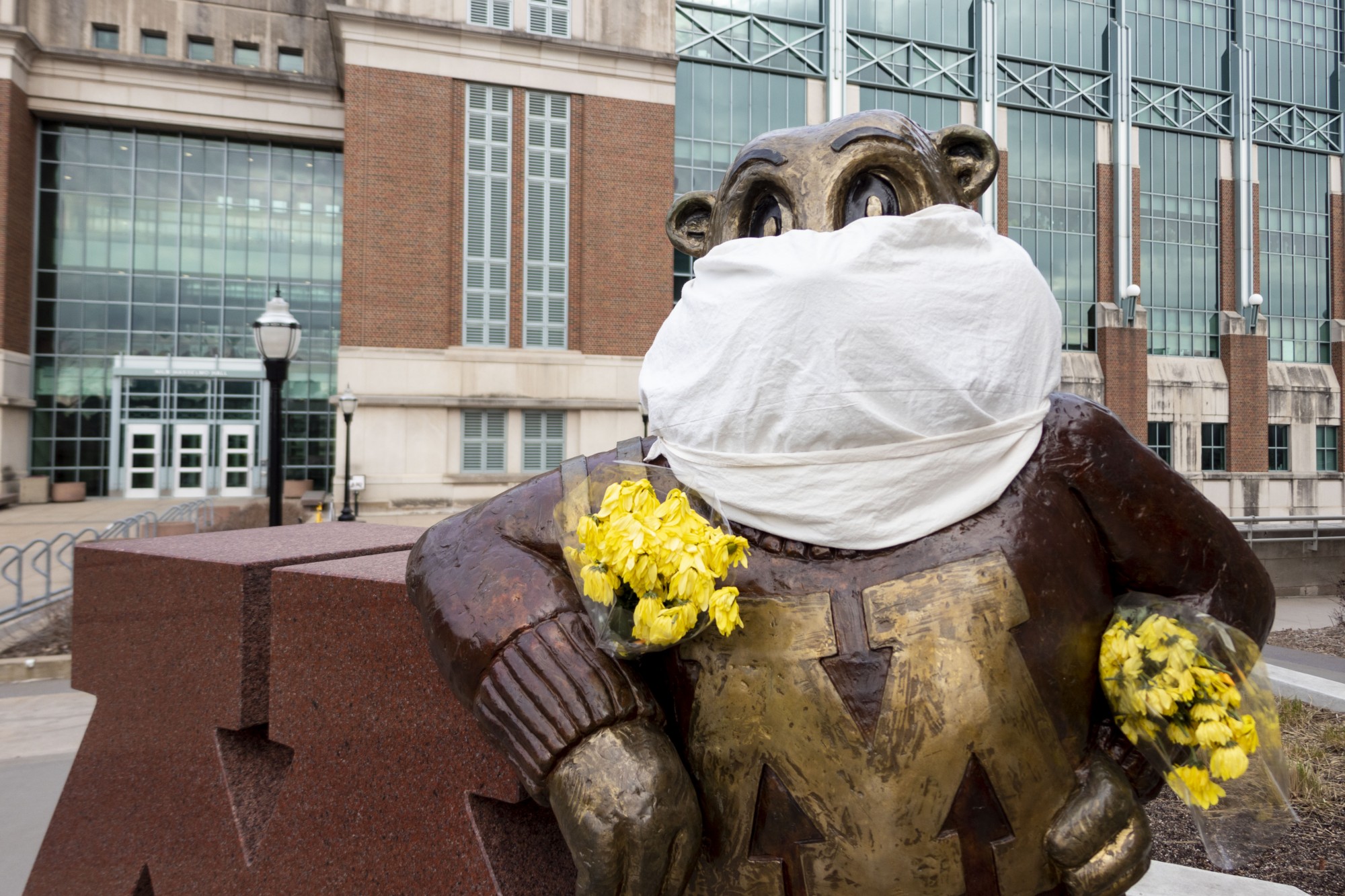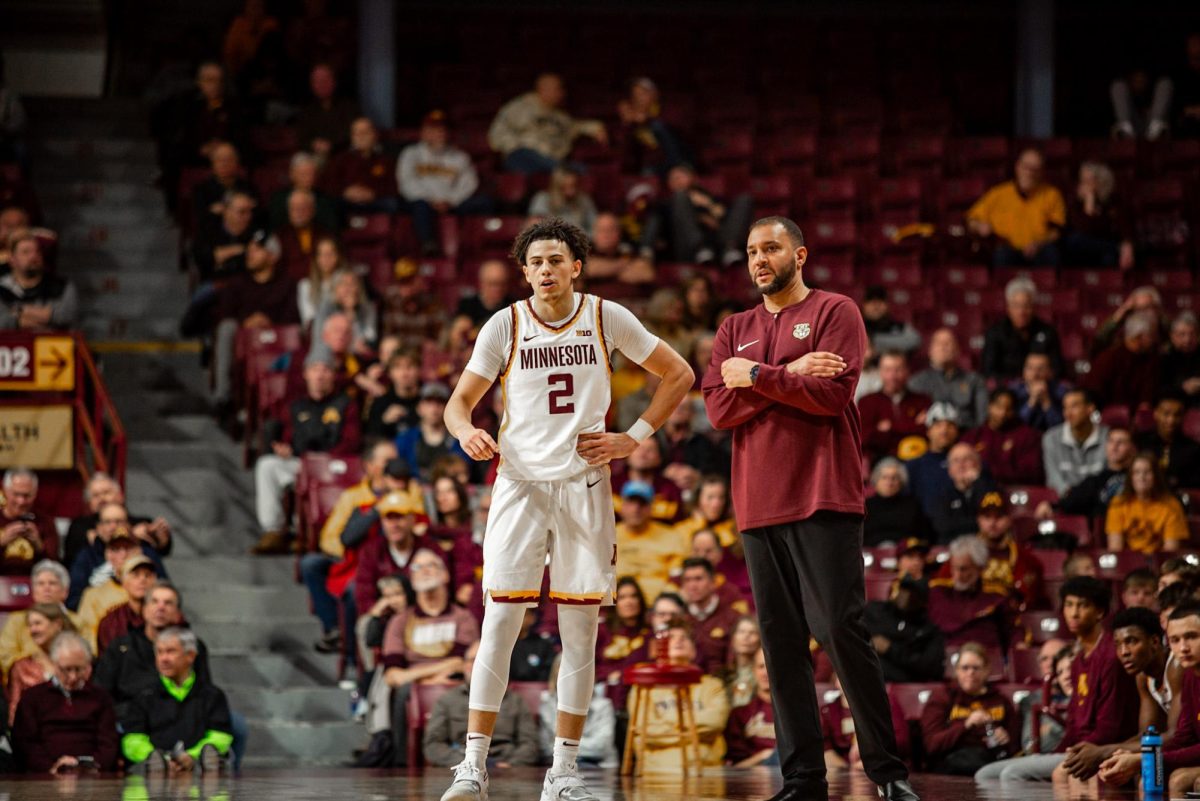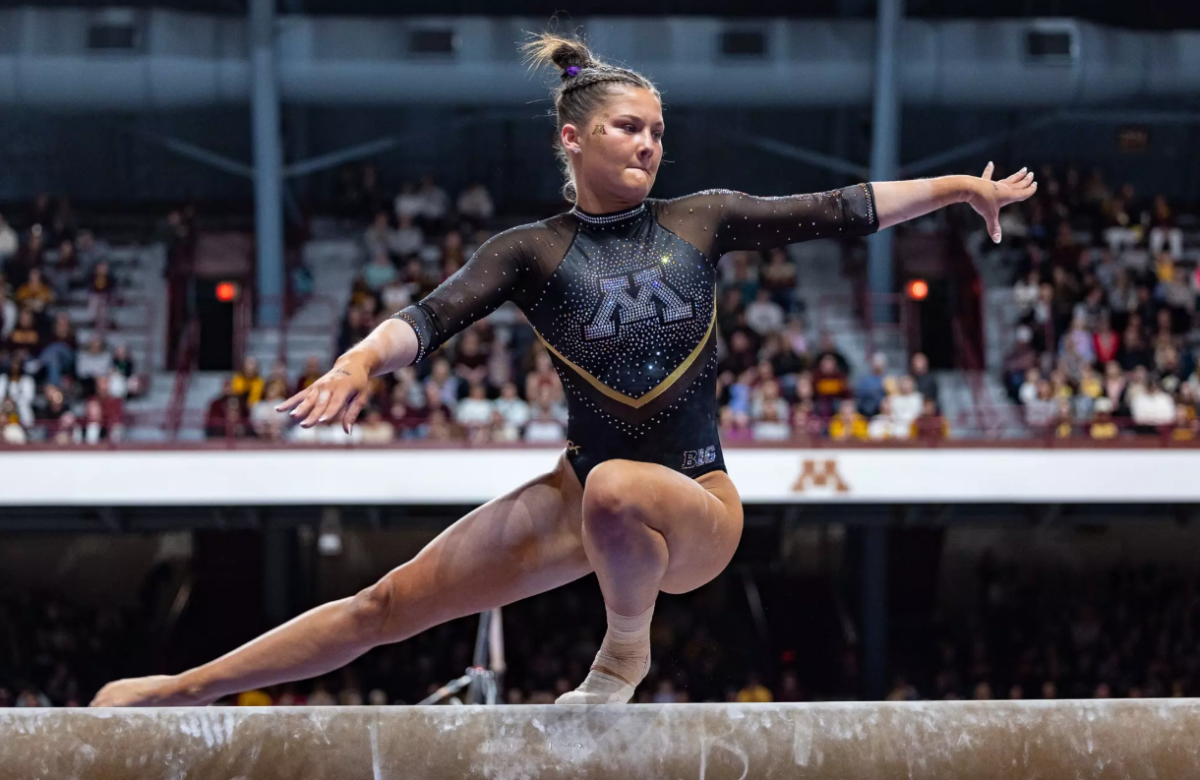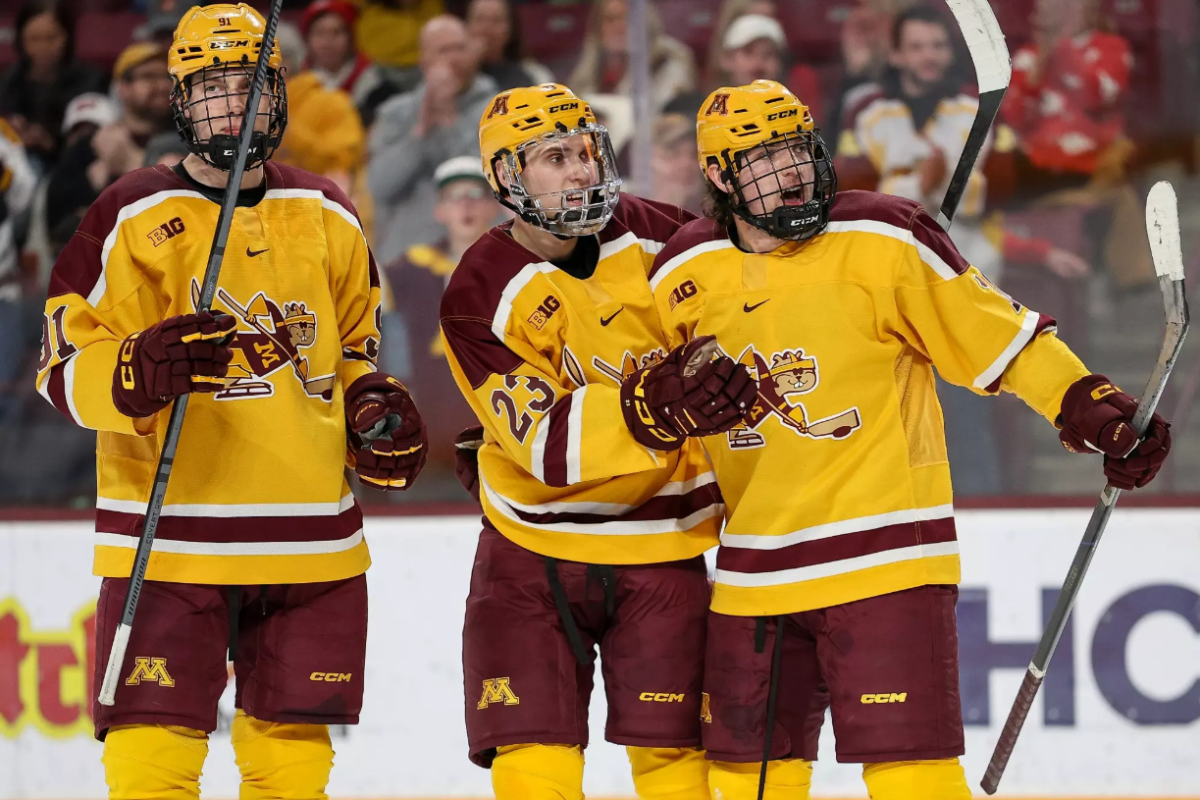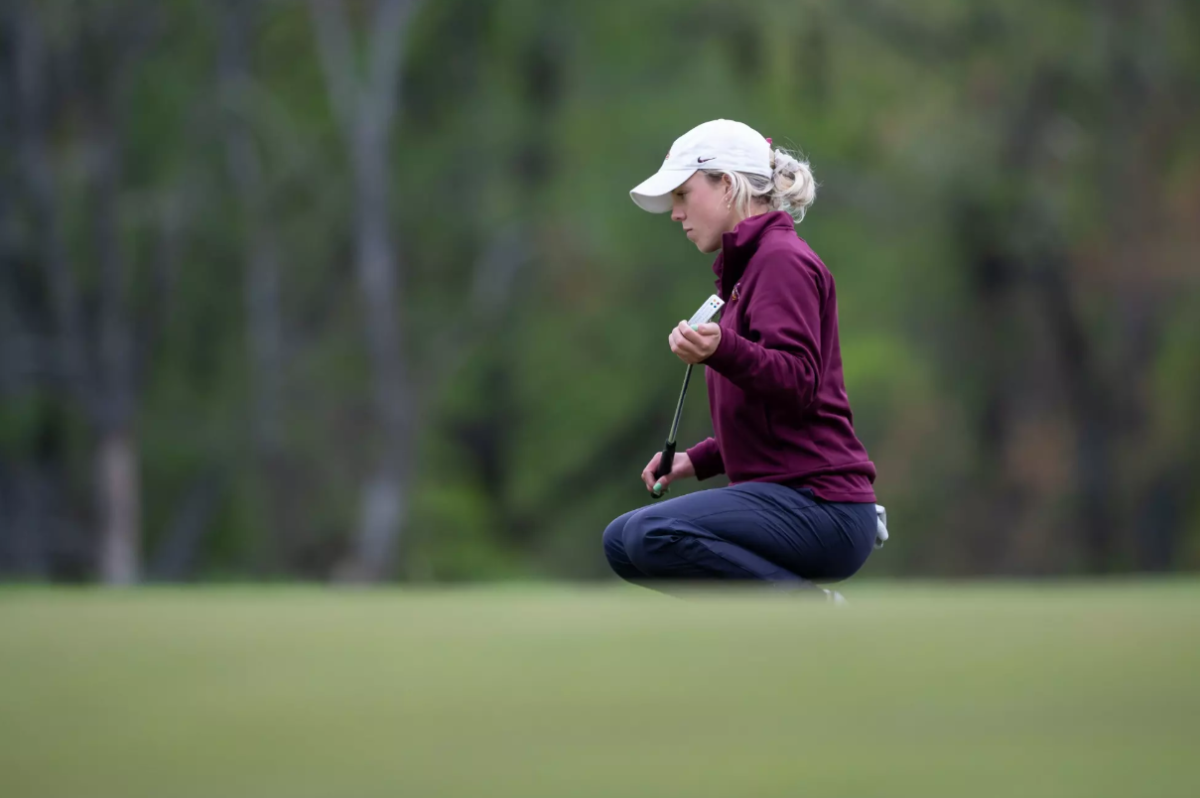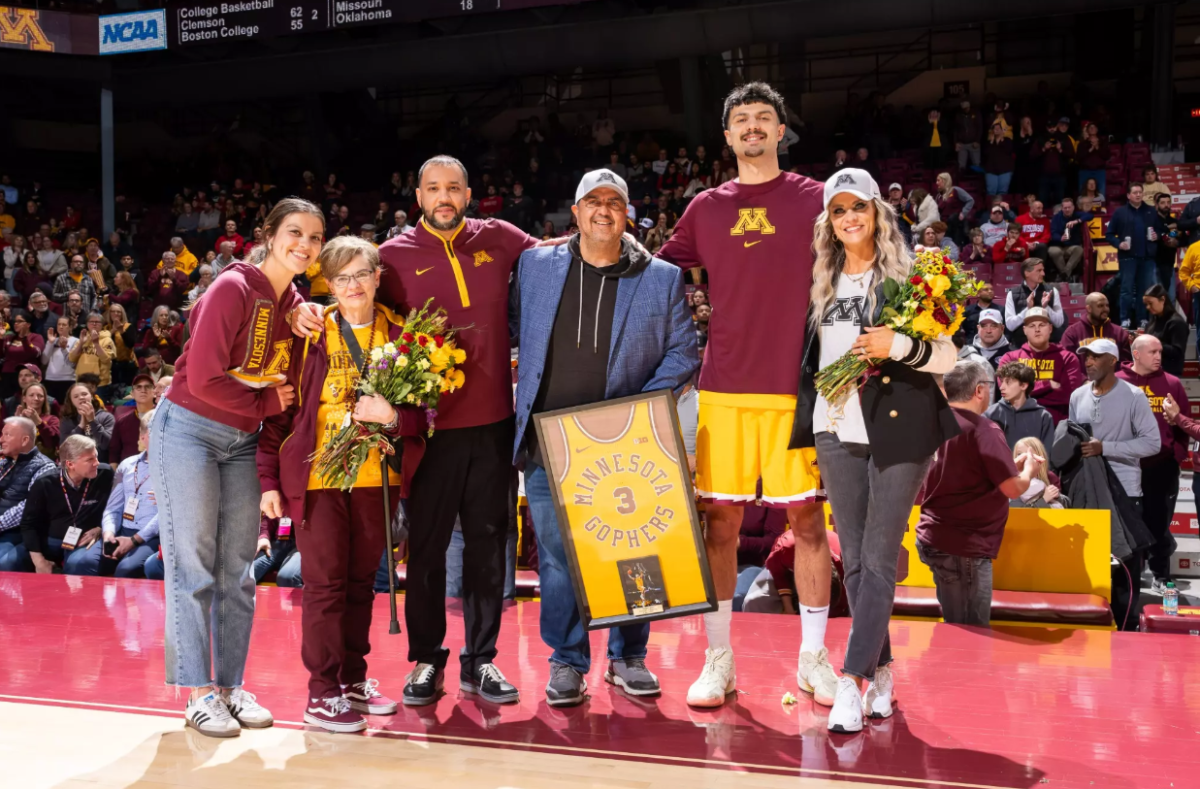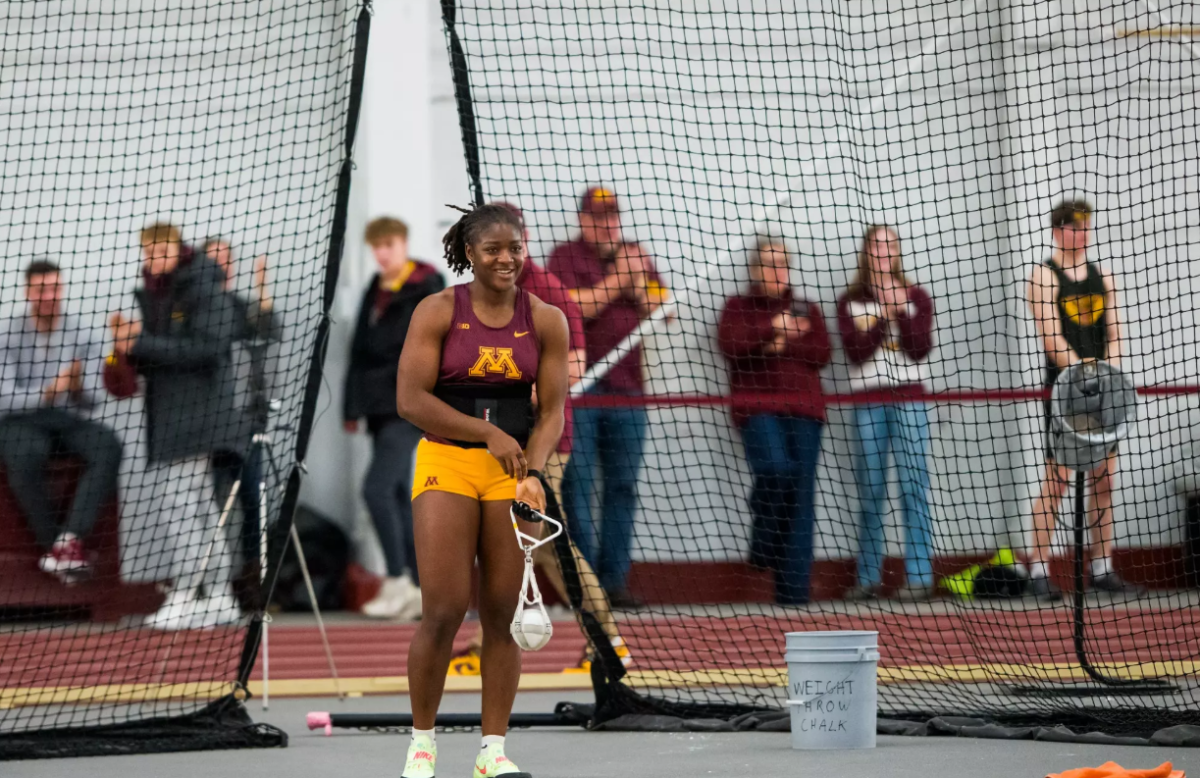In his position within the University of Minnesota’s Department of Orthopedic Surgery, Dr. Bradley Nelson mainly focuses on the intricacies of knee and shoulder injuries.
Torn rotator cuffs, knee injuries, shoulder instability problems and the surgical procedures associated with them make up a large majority of Nelson’s day-to-day work, even during a pandemic. But in addition to his position in the Department of Orthopedic Surgery, Nelson also serves as the medical director for the University’s athletics department, where he works hands on with student-athletes dealing with injuries.
As the medical director, Nelson also works in an administrative role with the department’s athletic trainers and team physicians. When sports were canceled in March, he began assembling a team of doctors and experts in public health, infectious disease and epidemiologists to advise the athletics department as it plans for the future and the inevitable return of sports. Nelson said his work in sports medicine has given him the perspective to think big picture.
“I’m a long-time team physician, and being a team physician, your role is more than just taking care of a knee or shoulder — you have to make broader decisions,” he said. “In my role as medical director, I look at myself as an administrator … and you want to put together subject matter experts who can provide you with the best advice.”
Even with Nelson’s team of experts providing the best advice, the future is still uncertain for college sports. The Ivy League announced last week that it would be postponing all athletics until January, citing the complications of following each university’s different COVID-19 guidelines. A joint statement issued by the Ivy League Council of Presidents elaborated that they “simply do not believe we can create and maintain an environment for intercollegiate athletic competition that meets our requirements for safety and acceptable levels of risk.”
The Ivy League was the first in college athletics to announce cancellations earlier this year, and it remains to be seen if their announcement canceling fall athletics will create the same domino effect seen this past March. Some smaller conferences like the Patriot League have canceled its fall sports, but the Power Five conferences, like the Big Ten, ACC and SEC, are still moving towards having a fall football season. The Power Five conferences are expected to announce a uniform COVID-19 procedure and testing policy, according to Sports Illustrated.
Nelson said the decision for the Big Ten concerning fall sports and beyond will depend on where the country is in terms of controlling the virus. He is confident that if the risk became too great to continue with athletics in the coming months, the conference would act in the best interest of its student-athletes, even if that means mid-season cancellations.


